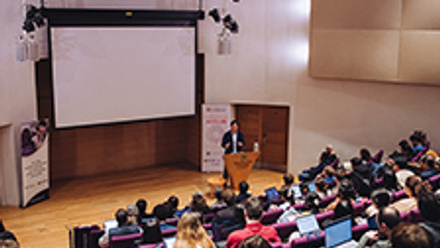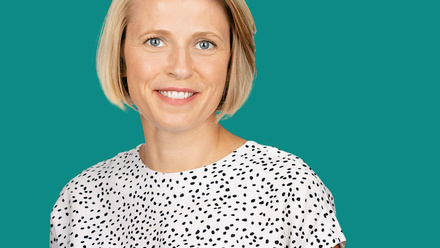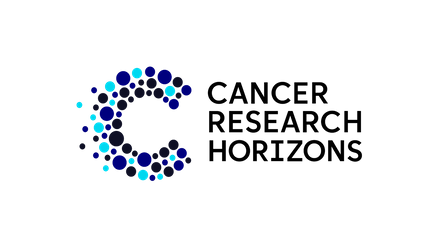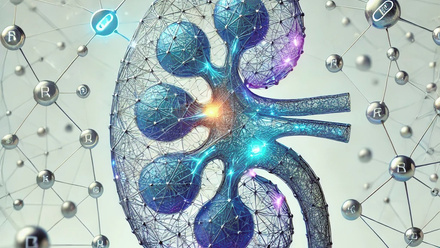The future of cancer care: harnessing the power of clonal neoantigens, immunogenicity prediction, and AI-driven precision medicine

Cancer treatment is on the verge of a paradigm shift.
In this blog, Iraj Ali, the CEO of BIA member Achilles Therapeutics, discusses the future potential for cancer treatment, including vaccines specifically tailored to each patient.
The field of cancer care has made remarkable strides in recent years, offering new hope for patients battling devastating diseases. I am continually inspired by the dedication and innovation of researchers in the UK and worldwide who are working tirelessly to develop more effective and targeted therapies. Our ability to specifically identify and target cancer antigens is at the heart of this new promise. One of the most promising avenues is targeting clonal neoantigens (mutations present at the point of a cell becoming cancerous and so carried to all future cancer cells) and harnessing the power of AI to create personalized therapies. However, the success of these therapies heavily relies on accurately predicting neoantigen immunogenicity, particularly in the development of cancer vaccines.
Immunogenicity refers to the ability of a neoantigen to elicit a strong immune response. Since not all neoantigens are equally immunogenic, targeting the most potent ones is essential for achieving optimal treatment outcomes. Only small numbers of neoantigens are clinically relevant, making the selection process a key factor in the success of personalized treatments.
Achilles Therapeutics’ world-leading AI-powered bioinformatics platform PELEUS combines the most accurate method for identifying clonal neoantigens with a state-of-the-art immunogenicity tool called neoRanker to identify the rare neoantigens that can lead to disease control. PELEUS was developed and validated using the extensive data from the landmark TRACERx study, led by Professor Charles Swanton at the Francis Crick Institute, to which Achilles has exclusive access. TRACERx is one of the largest tumour evolution studies to analyse genetic signatures in lung tumours, tracking how they evolved over time in more than 800 patients. Crucially, TRACERx provides real-world data which enables the AI to be tested and continually retrained and improved.
There are multiple treatment modalities being explored with clonal neoantigens as the targets, primarily cell therapies and cancer vaccines.
Cell therapies using tumour infiltrating lymphocytes (TIL) have shown promise in late-stage disease were recently approved for the treatment of melanoma. Achilles is developing a second-generation TIL-based product called clonal neoantigen-reactive T cells (cNeT)
Companies such as Merck and Moderna are developing an alternative approach using mRNA vaccines targeting neoantigens – these vaccines have shown promise in clinical studies in earlier stages of disease (Stages I-III). As vaccines are limited in size, the ability of PELEUS to rank clonal neoantigens in terms of immunogenicity is particularly relevant.
The convergence of cutting-edge technologies, particularly AI-driven neoantigen identification, advanced immunogenicity prediction tools, and mRNA delivery platforms, coupled with our growing understanding of tumour biology, has created a unique opportunity to transform cancer treatment. The potential of this approach is immense, as it offers the possibility of creating vaccines tailored to each patient's specific cancer profile, maximizing the chances of treatment success.
Of course, bringing these innovative therapies to patients will require ongoing collaboration and investment from all stakeholders – researchers, clinicians, industry partners, and policymakers. By fostering a supportive and innovative ecosystem, we can accelerate the development and deployment of cancer therapies and vaccines, ensuring that they become accessible and affordable to patients in the UK and worldwide.






